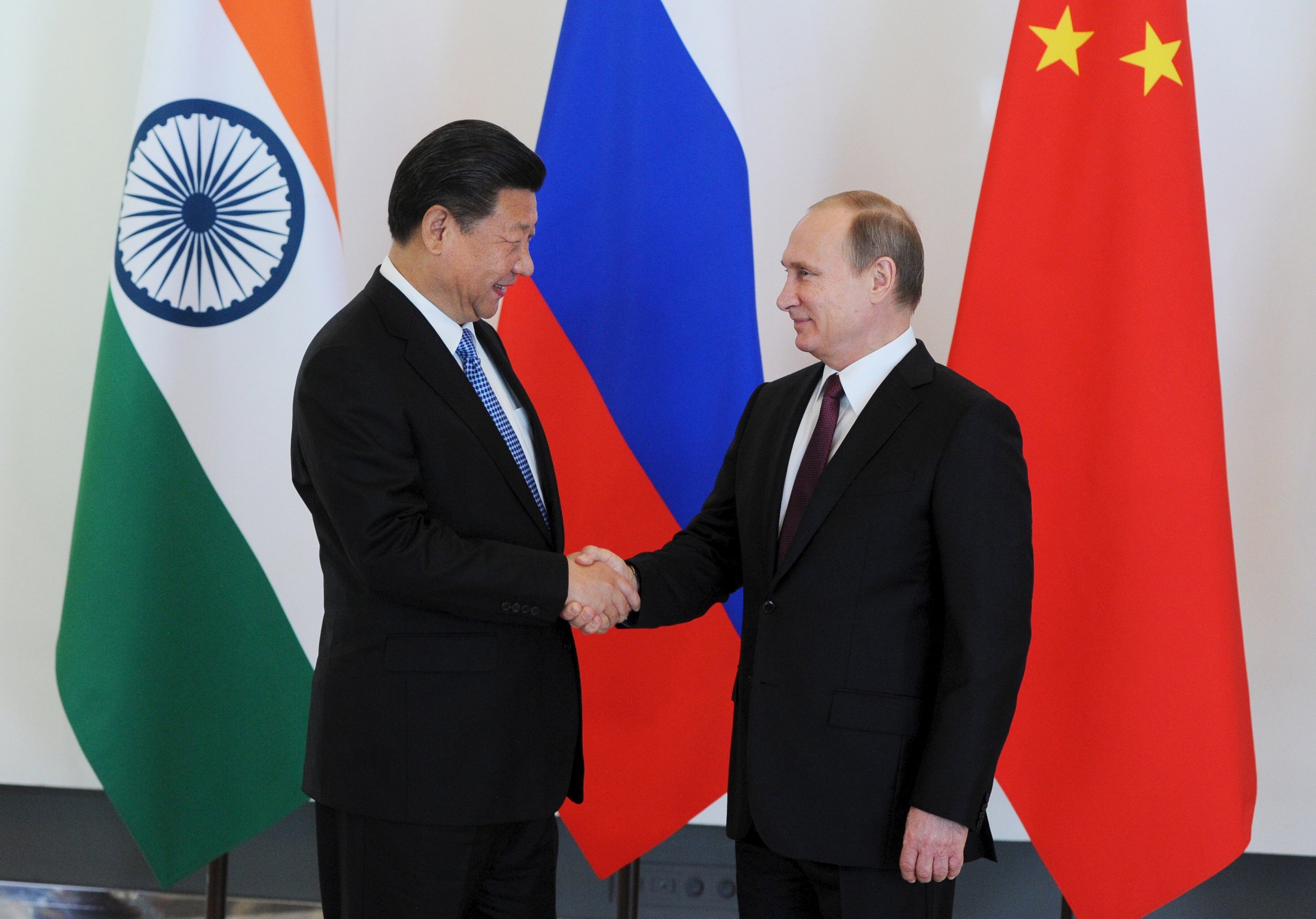
Vladimir Putin has defended China's online censorship, declaring that the internet cannot be a place of excessive "quasi-freedom," Russian news agency Interfax has reported.
"We should not criticize what China is doing," the Russian president said when a blogger asked whether Moscow should follow or condemn Beijing's strict regulations online. "That's 1.5 billion people. Go ahead and try to govern them for a bit."
China's so-called 'Great Firewall' of measures, which restricts users from accessing websites such as Facebook and YouTube, is one of the most prohibitive national internet policies in the world. Authorities have also announced a crackdown, to be implemented over the next year, on users who disguise their Internet Provider address in order to circumvent the wall.
However, Putin said that China's desire to strongly filter online information access to its people is part and parcel of its wider development.
"What was it that Napoleon said? 'China is sleeping and may she sleep longer still,'" Putin said, alluding to the legendary Corsican commander-in-chief's warning that China will one day grow to global influence. "China has long since awoken and it is with these processes that it needs to govern," the Russian leader added.
Putin said Russia would follow its "own path" instead of implementing China's policies, but added that "regulations in general should correspond to the level of development of a society."
"Callous quasi-freedom on the internet does not exist anywhere anymore," he added. "All countries in the world have certain content limitations. We have limitations and they are known. They are propaganda for suicide, child pornography, propaganda for terrorism, distribution of narcotics and so on. In my view, these limitations are enough at the moment."
Despite Putin's reassuring turn of phrase, Russia has moved closer to the Chinese model of internet policing in recent years. In 2014, lawmakers approved legislation demanding that companies handling the private data of Russian citizens base their relevant servers inside Russia. This allows security forces to inspect and raid server facilities and also gives Moscow a greater ability to censor unwanted content.
The same year, at the annual forum in Petersburg, Putin called the internet at large an invention of U.S. intelligence agencies and promoted Russian equivalents of Google and Facebook as alternatives for Russians to use.
Uncommon Knowledge
Newsweek is committed to challenging conventional wisdom and finding connections in the search for common ground.
Newsweek is committed to challenging conventional wisdom and finding connections in the search for common ground.
About the writer
I am a Staff Writer for Newsweek's international desk. I report on current events in Russia, the former Soviet Union ... Read more
To read how Newsweek uses AI as a newsroom tool, Click here.





